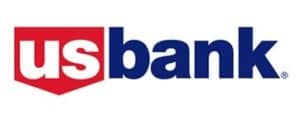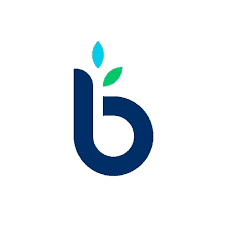
U.S. Bank offers business term loans, lines of credit, and SBA loans to small businesses. They have stringent borrower qualifications but their interest rates are usually lower. U.S. Bank Business Loans are suited for small to large businesses.

Wells Fargo offers unsecured business loans, lines of credit, and SBA loans to its business customers. Wells Fargo’s rates, terms, and fees are significantly better than you’ll find in most of the alternative market. But they have strict borrower qualifications and businesses with revenue problems will probably have a hard time meeting them.

A merchant cash advance is a sales agreement where the merchant (the “seller”) is selling their future revenue at a discount to the merchant cash advance company (the “buyer”). Because merchant cash advances are sales agreements, they generally aren’t covered by usury laws that govern loans. This is where they get their dubious reputation. The effective APRs of merchant cash advances can easily crawl into the triple digits.

Bankruptcy is probably one of the last things you want to think about. But as unpleasant a prospect as it can be, businesses regularly fail. If that happens, don’t be afraid to look into bankruptcy and give yourself a fresh start.
Aug 18, 2024
Filed under: Small Business

Although factor rates and interest rates appear similar, there are some important differences which potential borrowers need to be aware of. Fixed fees (the fee determined by a factor rate) are only calculated once, before the loan is issued. The fee will stay the same, regardless of how long repayment takes. On the other hand, interest rates are accrued over time—the longer your loan is outstanding, the more fees will build up. Read on for more about the difference between factor rates and interest rates.

A lease line of credit — also known as an equipment line of credit — addresses that issue. Rather than financing a specific piece of equipment, the lender will grant you a line of credit for a limited period of time (typically one year). Similar to a personal or business line of credit, you’ll be given a credit cap.

A tax lease is a rental agreement in which the entity financing the lease (lessor) retains ownership of the asset in question for the duration of the lease with regard to tax and bookkeeping purposes. Tax leases last less than a year.
Jun 3, 2024
Filed under: Equipment Financing

Shopify Capital offers short-term business funding in the form of merchant cash advances and short-term loans. It has relaxed borrower qualifications and competitive terms and fees. Shopify Capital is available to Shopify users only. Despite the potentially high fees, Shopify Capital is certainly worth considering if you are given an offer.

If you’ve been searching the internet for information about equipment leasing, you’ve probably run into a wall of industry jargon. Between captive lessors, capital leases, equipment financing agreements, and references to Section 179, the terminology can get pretty opaque. This is especially true when it comes to TRAC leases. If you’ve ever wondered what the TRAC lease is, how it works, or even just what the acronym stands for, you’ve come to the right place.

Whether you’re paving a road or writing software, sooner or later you’re going to need to buy, upgrade, or replace your business-related equipment. Unless you’re lucky enough to have a lot of cash on hand, the costs of doing so out of pocket may prove prohibitive. If you don’t have the luxury of waiting, you’ll need to seek financing. When that happens, you should consider an equipment loan.













